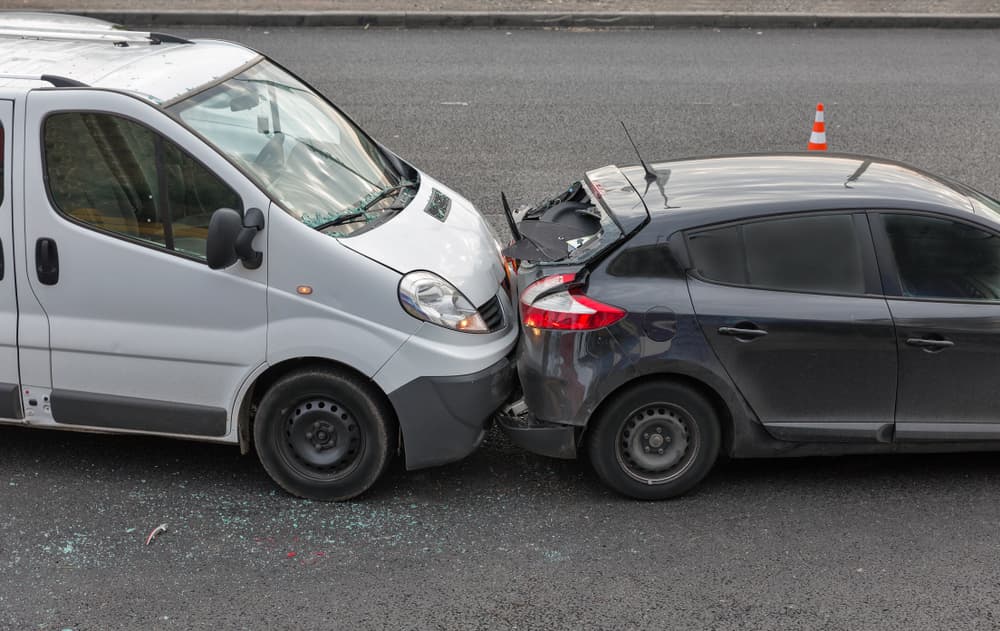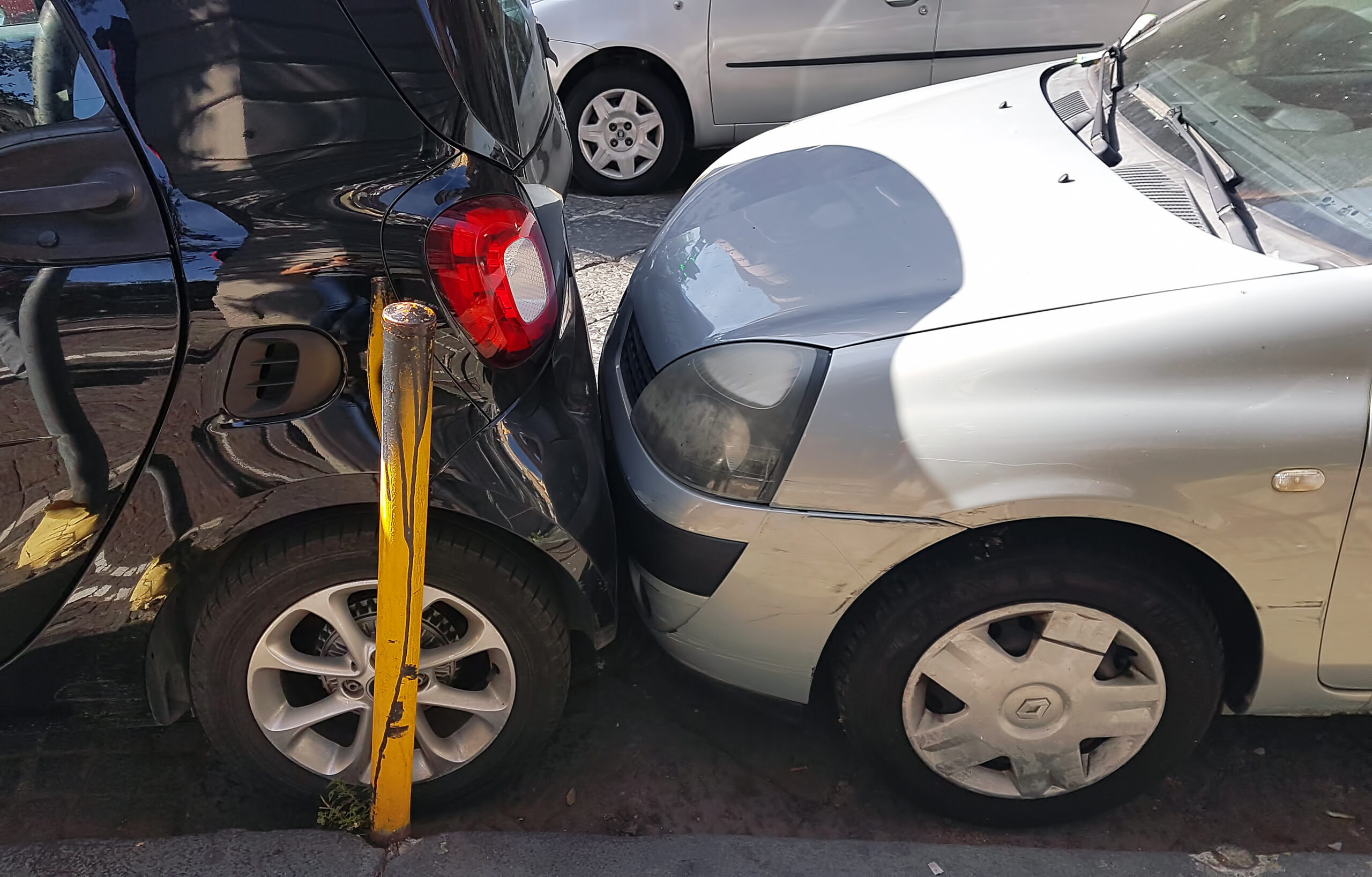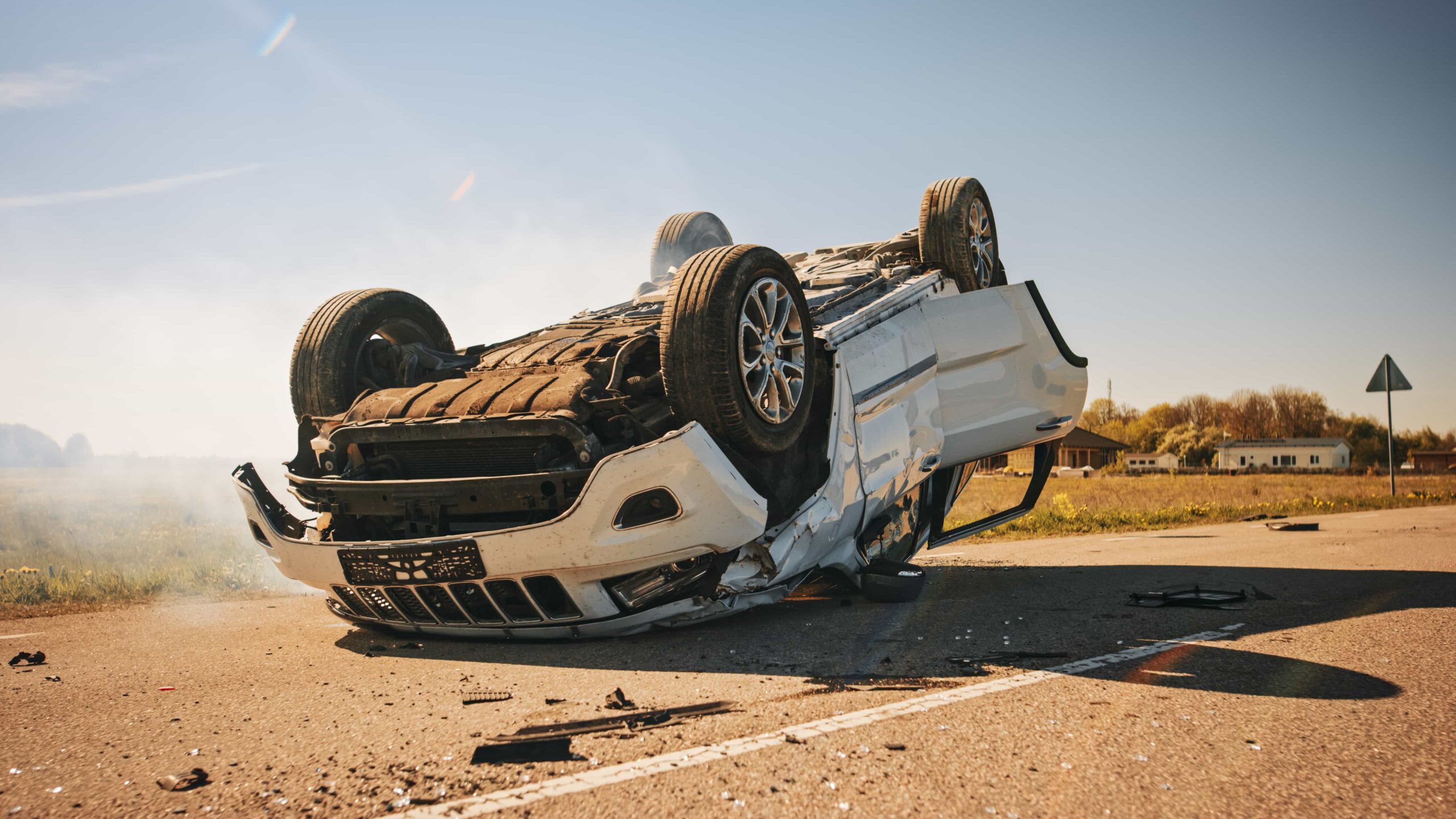Types of Collisions
Illinois Department of Transportation reported that the state saw 319,146 accidents in 2018. Of those, 951, or less than 1 percent, were fatal and 67,453, or 21.1 percent, were injury crashes. Illinois also keeps statistics on A-injury crashes. These are crashes with injuries that keep someone from driving, walking or doing normal day-to-day activities. An A-injury could range from broken bones to catastrophic injuries such as traumatic brain injuries. Of 67,453 injuries, 13.4 percent were A-injury crashes. With that many accidents, it stands to reason that a crash is not always between two vehicles. You could have a single-vehicle crash, two vehicles involved, or you might be a part of a multi-car pile-up. Different types of vehicles could come together with you in a car, on a bicycle or even if you are walking down the street. Depending on the type of accident, your injuries could be worse. For example, if a tractor-trailer truck hits a compact car, the damage and injuries are bound to be severe. If a compact car hits a pedestrian or someone on a bicycle or motorcycle, the person not in a car is likely to suffer more injuries or even catastrophic injuries. Whether you are in a vehicle, on two wheels, or on foot, you always have to watch for other drivers who are not paying attention. Even then, you might not be able to get out of the way in time. Knowing the causes of accidents could help you avoid an accident in some cases. If you see someone driving erratically or speeding, you have a chance to get away from that driver before his or her driving gets out of hand.Common Causes of Wrecks
While you might think car wrecks shouldn’t happen if people just paid attention, you’d be right, except for one thing: A medical emergency sometimes cannot be helped. Though a medical emergency is a cause of a car wreck, it’s not very common. Negligent behavior is the most common cause of vehicle crashes. Gross negligence, or willful and wanton conduct, is also a cause of accidents. Gross negligence sometimes comes with additional penalties for the defendant, such as punitive damages. Both types of negligent behavior include:- Driving while distracted. Often, this is looked upon as gross negligence. A driver is distracted if he or she is talking on the phone, eating, putting on makeup, drinking non-alcoholic beverages and alcoholic beverages, reading a book, texting, fiddling with the radio and other controls or even yelling at the kids in the back seat. Anything that takes your eyes off the road is considered distracting behavior. The courts might find some sorts of distractions, such as texting while driving, to be grossly negligent, while it might find glancing in the rearview mirror as you yell at the kids to be negligent.
- Driving under the influence. This behavior is almost always considered gross negligence. A driver doesn’t have to be drunk to be charged with driving under the influence. He or she might be on legal prescription drugs, illicit drugs or high on chemicals, such as the high you get from huffing.
- Reckless driving and speeding. Reckless drivers speed, constantly change lanes, ignore road signs, tailgate or even constantly speed up and slow down. Any of these behaviors could cause an accident that hurts innocent drivers. These drivers are not paying attention to the road and are often upset, angry or just focused on getting somewhere because they are late.
- Speeding. This is a behavior that is often considered grossly negligent. The higher the speed a vehicle is traveling when it crashes, the more catastrophic the damage and injuries are in most cases. A drunk driver or someone evading the police and driving at excessive speeds does not have all of his or her attention on the road and is more likely to wreck.
- Ignoring traffic signals. Whether it’s a yield sign, stop sign, stoplight, speed limit signs, or other driving instruction on the road, ignoring it could cause an accident. Common accidents at intersections are T-bone accidents, which could cause extensive damage and severe injuries.
Abels & Annes 100 N LaSalle St #1710 Chicago, IL 60602 (312) 924-7575



